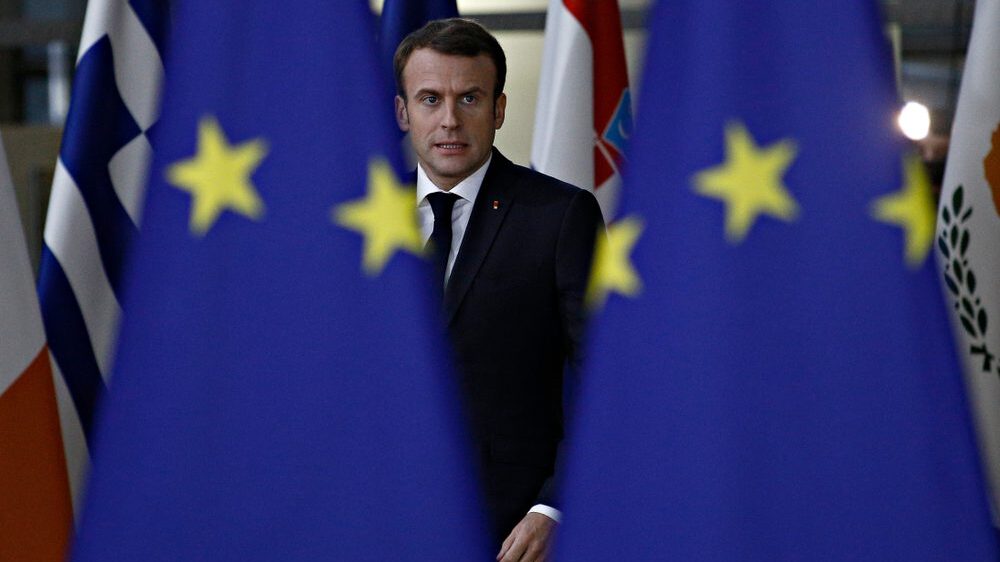
Emmanuel Macron
Photo: Alexandros Michailides /Shutterstock
As France still reels from last month’s race riots whose fallout was so severe they’ve been likened to the Revolution of 1789, a new poll has uncovered a deep mistrust of the political establishment among broad sectors of society, revealing that an overwhelming majority do not trust President Macron to keep them safe.
The opinion survey, carried out by the CSA Institute, a French research firm, for the news outlet CNEWS, showed that, despite Macron’s promise to restore order after the six nights of rioting that engulfed more than 220 towns and cities across the country and caused over €1 billion worth of damage, 70% of citizens do not trust the executive to re-establish, maintain, and preserve the public order.
Days ago, while speaking on French television during a trip to Nouméa, New Caledonia, Macron attempted—as he has so many times in the past—to strike what some might refer to as a rightist tone, insisting that the country needed to return to authority at every level. “The first lesson I draw from this is order, order, order,” the French president told journalists from TF1 and France Télévisions.
Distrust of the French president’s ability to maintain public order was quite high across all of the survey’s age cohorts, with 78% of 35- to 49-year-olds and 76% of 25- to 34-year-olds not trusting him. Among 50- to 64-year-olds and those aged 65 and up, 63% and 62%, respectively, also reported not trusting Macron. Meanwhile, levels of distrust were lowest among 18- to 24-year-olds, at 59%.
Similarly, expressions of no confidence in the French executive were frequent among both those on the Right and Left ends of the political spectrum, with 81% of supporters of Jean-Luc Mélenchon’s left-wing La France Insoumise answering “no” to the question: “Do you trust Emmanuel Macron to guarantee public order?”
Meanwhile, 93% and 92% of voters of Éric Zemmour’s Reconquête and Le Pen’s National Rally answer the question in the same way.
Since Macron assumed office in 2017, his presidency has been punctuated by bouts of serious unrest and disorder—sometimes days, other times weeks, and even months. For example, in the late fall of 2018, following the announcement of a fuel tax widely regarded as unjust and disproportionately affecting the working classes, the Gilets Jaunes (Yellow Vests) protests began and lasted for several months, concluding well into 2019.
Then, at the beginning of this year, after the controversial pension reform was pushed through via executive authority, a move that was widely viewed as undemocratic, a series of mass protests ensued and France was again set alight.
And late last month, with the untimely death of Nahel M. at the hands of a police officer during a traffic stop gone wrong, France witnessed its latest flare-up in insecurity as riots, the likes of which haven’t been seen for many decades, kicked off and engulfed cities and towns across France. With President Macron set to rule until 2027, only time will tell what security tests are in store for the French state.
